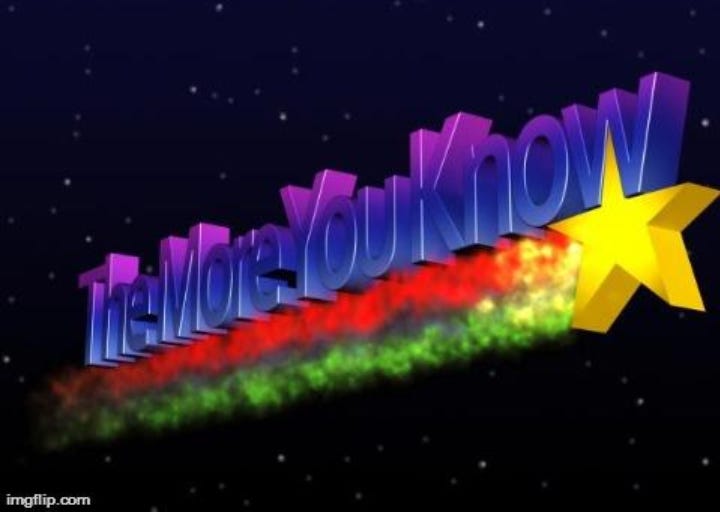Some tribes are known for their great civilization building, studying of the cosmos, stone structures, their warriors and hunting abilities, their bravery and steadfastness. Others are known for their perversions such as, cannibalism and consistent inbreeding. I can think of many historical empires famous for their proud incestuous desires, and at the same time think of many indigenous folks with the same philos, if you will.
Good Morning Folks! I feel like today is a great day to talk about the pitfalls of inbreeding. Now, it may seem tempting seeing certain cultures all over the world that are very powerful like to keep it in the family, but you should fight the urge you have for a Uncle-Grandpa. Before I start, I feel as though I am qualified to speak on such matters, as many people believe I am “retarded”, the major difference here though is that my retardations are consistent with head trauma and not from my ancestors inter-breeding with their aunties, brothers,cousins,fathers,mothers, and children!!! You know who I'm talking about 😉
I have met several certified inbred individuals in the last 10 years, and i must say, I’m actually jealous of people who are inbred, one of the greatest symptoms specific to inbreeding makes them impervious to scrutiny. They kind of just “simple Jack” their way through life, smiling and laughing at everything including the breeze. They are lighter than a feather. With the help of Artificial Intelligence, I have compiled for you the dangers of inbreeding as to hopefully keep your clan from yelling at clouds.
Inbreeding, or the mating of organisms closely related by ancestry, can lead to several complications in humans and animals. These include:
Decreased Fertility: Inbreeding increases the likelihood of homozygosity for deleterious recessive alleles, reducing fertility and increasing the risk of spontaneous abortions.
Increased Risk of Genetic Defects: Inbreeding can result in a higher frequency of genetic defects, including congenital disorders and genetic diseases, such as cystic fibrosis.
Higher Incidence of Autosomal Recessive Disorders: Inbreeding increases the risk of a child developing an autosomal recessive disorder, as carriers of recessive disorders may unknowingly pass on mutated genes.
Reduced Heterozygosity: Inbreeding decreases heterozygosity, making offspring more susceptible to genetic disorders and reducing the ability to adapt to changing environments.
Increased Mortality: Inbreeding is associated with higher pre-reproductive mortality rates and increased morbidity in many diseases.
Trade-Offs in Desirable Traits: Inbreeding can magnify desirable traits at the expense of others, such as increased milk production in Holstein dairy cattle, but also making them more difficult to breed.
Reduced Genetic Diversity: Inbreeding reduces genetic diversity, making populations more vulnerable to extinction and less able to adapt to changing environments.
These complications highlight the importance of maintaining genetic diversity and avoiding inbreeding in both human and animal populations. The more you know!
Keep reading with a 7-day free trial
Subscribe to Daily Rando to keep reading this post and get 7 days of free access to the full post archives.

